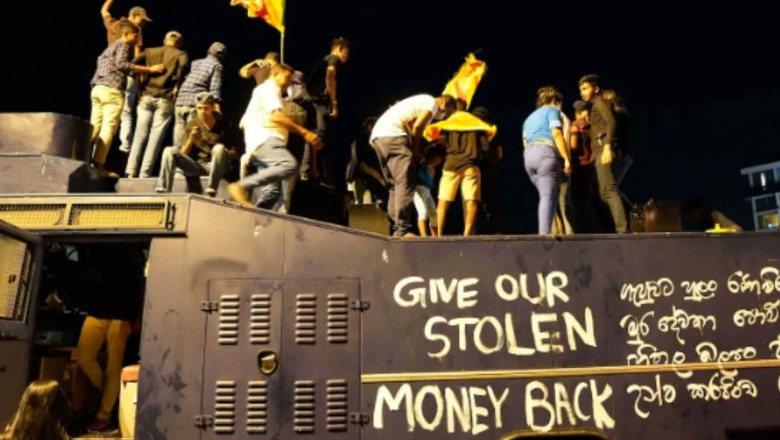
views
The second uprising in Sri Lanka over the worst economic crisis is scripting a new history with beleaguered President Gotabaya Rajapaksa announcing his resignation amidst angry protests over food and fuel shortages and prolonged power outages in the island nation.
Protesters stormed the President palace and burned the private house of the Prime Minister even after he offered to resign.
At present, the Sri Lankan government owes $51 billion and is unable to make interest payments on its loans. The country has faced immense losses in the tourism sector, an important engine of economic growth, due to the pandemic and safety concerns after Easter bombings in 2019. Its currency has collapsed by 80%, making imports more expensive and worsening inflation that is already out of control, with food costs rising 57%, according to official data.
With the country hurtling towards bankruptcy, here are the key leaders who are behind the political crisis today:
President Gotabaya Rajapaksa: The man, who was elected with 60% majority from among the Sinhala Buddhists, has been in hiding ever since the second uprising took place in Sri Lanka. The 73-year-old President will quit on July 13 amidst demonstrators occupying the presidential palace who refuse to leave until he and other leaders step down. According to PTI, Gotabaya’s only communication with outside has been with Parliament Speaker Mahinda Yapa Abeywardena who had announced his resignation late Saturday night.
Gotabaya was called as the “saviour” by the Sri Lankan people for leading the country’s military against rebel LTTE. He won the 2019 Sri Lankan elections after his supporters felt his need to run the country after the dastardly Easter bombings in 2019 in which around 250 people were killed.
He has been charged with corruption and faces civil suits in the US for alleged torture of a Tamil. He has allegedly been linked to the killing of an editor in Colombo in 2009.
PM Ranil Wickremesinghe: Amidst President Gotayaba Rajapaksa’s resignation announcement, Wickremesinghe is likely to take the reins, according to the Sri Lankan Constitution. However, parties are reluctant to accept him for the top post as he is not a “popular leader” and is unfit to run the crisis-hit country. Protestors set his private home on fire after he offered to resign.
Ranil Wickremesinghe was sworn in as the prime minister in May after Mahinda Rajapaksa resigned amidst economic crisis in the country. Ranil Wickremesinghe has come under fire for his economic policies, including a free trade agreement with Singapore.
Mahinda Rajapaksa: Known as the patriarch of the Rajapaksa clan, Mahinda resigned as the Prime Minister of Sri Lanka after protesters held him responsible for the country’s worst economic crisis. Earlier, he was reluctant to resign despite mounting pressure and alleged rift between the two brothers in running the country. But he resigned after his supporters outside President Gotabaya’s office attacked protesters, leaving dozens injured, calling for a nationwide curfew.
The Rajapaksa family became more powerful after the April 2020 general elections after their party, Sri Lanka People’s Party won big, allowing them to amend Constitution to
restore presidential power and depute family members in the position of power.
Speaker Mahinda Abeywardana: There are reports that the Speaker will take charge as the acting president after Gotabaya leaves office on July 13, paving way for an all-party government. Once the political situation is under control, the interim government will call for general elections to elect a new Parliament, according to a report in Hindustan Times.
Army Chief General Shavendra Silva: Sri Lankan army chief has sought people’s support to maintain calm and peace. Colombo Gazette reported that he said an opportunity has arisen to resolve the current crisis in a peaceful manner. The statement was issued after violence was seen at Galle Face and Fort on Saturday and burning down on Ranil Wickremesinghe’s house.
Read all the Latest News, Breaking News, watch Top Videos and Live TV here.










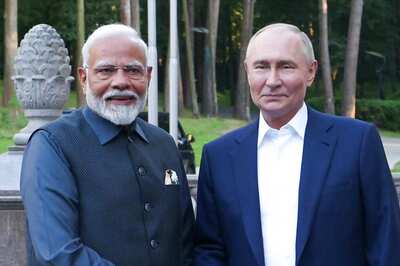


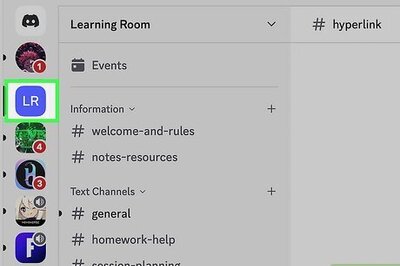

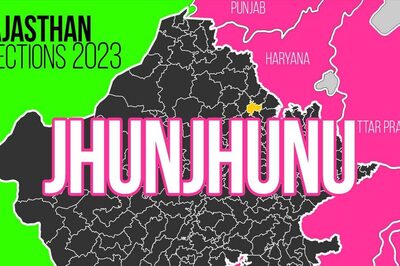
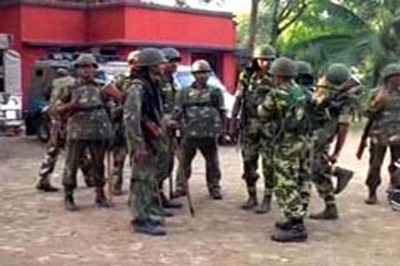
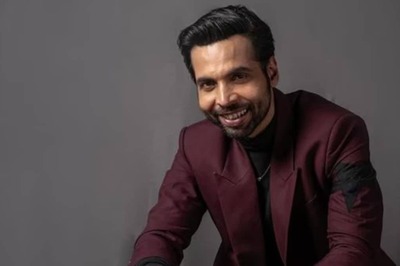
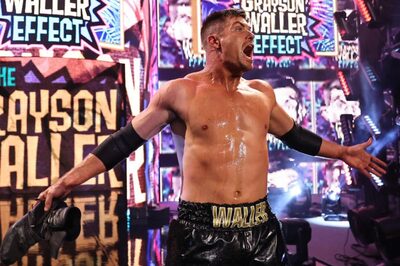
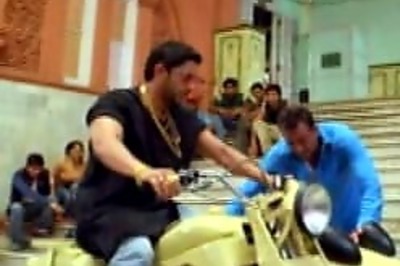
Comments
0 comment